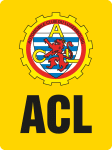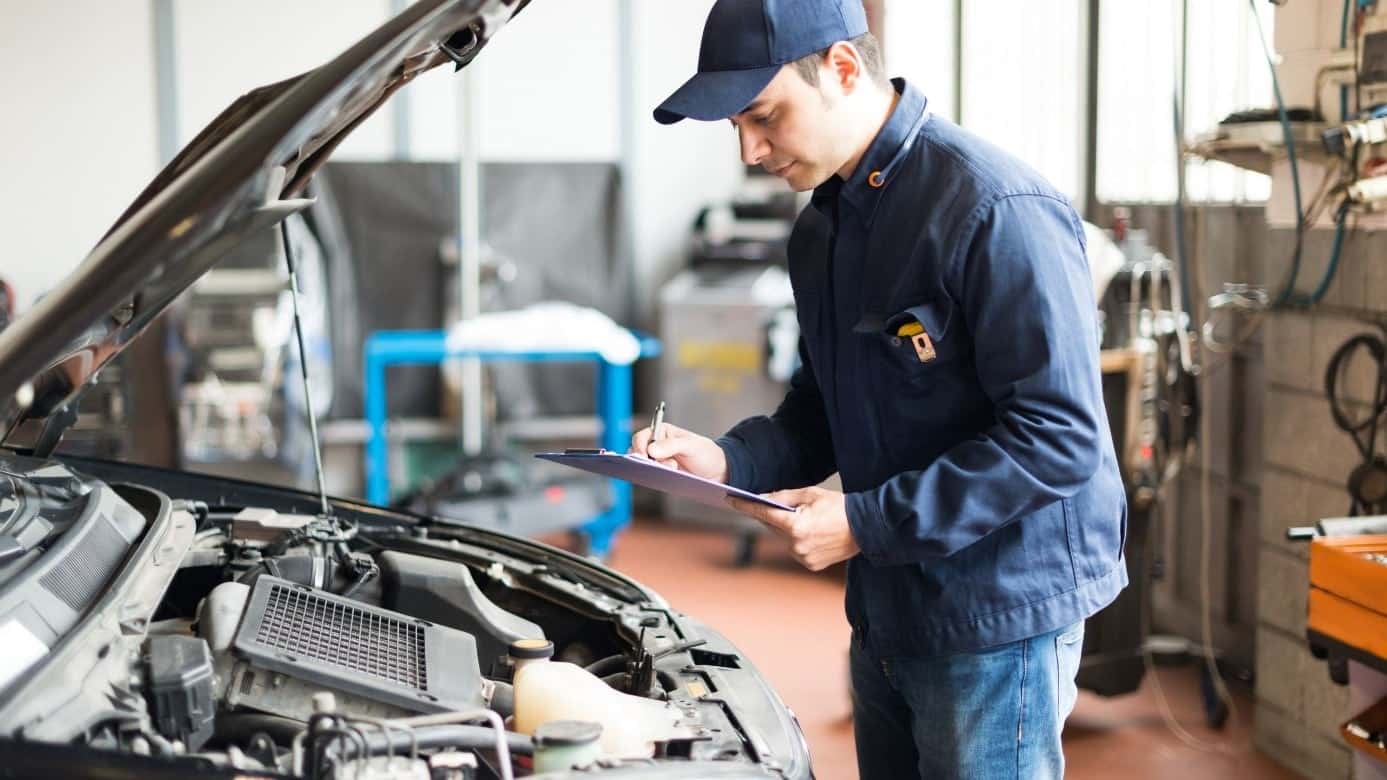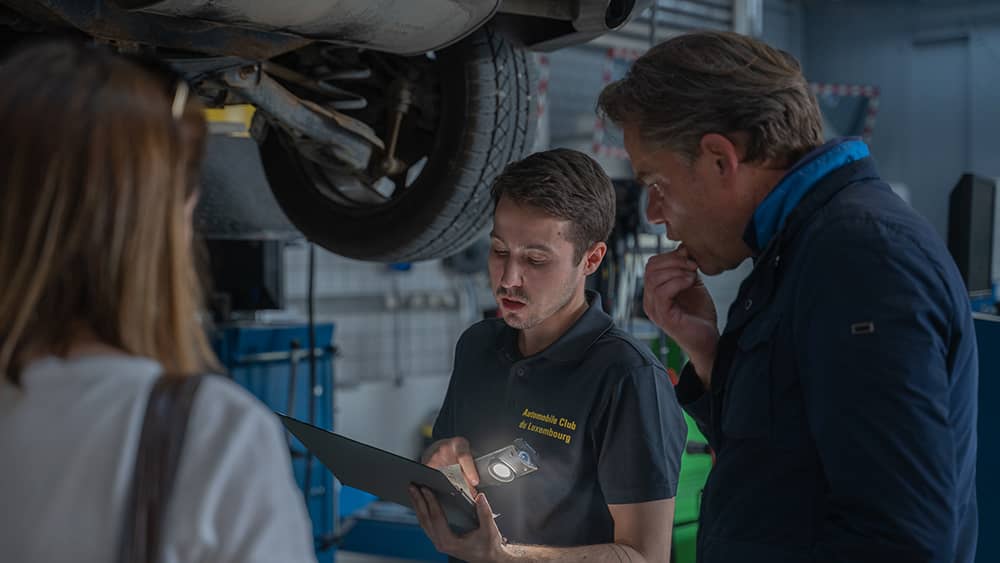Arriving in Luxembourg with your own car, or planning to buy one locally? It's important to know that there are rules to be respected when it comes to technical inspections in Luxembourg.
What is the purpose of the inspection? Is it compulsory for all vehicles? When must it be carried out? How much does it cost? Find out everything the law says about roadworthiness tests in Luxembourg.
No roadworthiness test for cars less than 4 years old
In the Grand Duchy, the first roadworthiness test must be carried out 4 years after the vehicle was first registered. If your vehicle is new or less than 4 years old, you are not currently affected by this requirement.
Following the first roadworthiness test, it must be renewed after 2 years. The vehicle owner must then renew it every year.
Let's say you've bought a vehicle that will be on the road in 2020:
- The first technical inspection is scheduled for 2024,
- The second in 2026
- Then every year from 2027.
The older the vehicle, the more it will need regular checks to ensure it still meets certain standards.
Don't worry, there's no risk of missing the deadline. Two months before the deadline, the Société Nationale de Contrôle Technique (SNCT) will send you a letter inviting you to make an appointment.
The roadworthiness certificate is mandatory
If your vehicle is more than 4 years old, you'll need to provide a valid roadworthiness certificate for any registration or insurance application. This is true whether your vehicle has been purchased in Luxembourg, imported or brought back with you as part of a move.
Mandatory for registration and insurance applications
If you're moving from abroad with a foreign car, don't forget that you're required to change your number plates and take out Luxembourg car insurance within the first 6 months. To do this, you'll need to provide a valid roadworthiness certificate.
Validity of technical inspections carried out abroad
Normally, a roadworthiness certificate issued in another European country or in Switzerland remains valid in Luxembourg. Please note, however, that validity periods vary from country to country, even within the European Union.
In France, for example, the law stipulates a period of 2 years between renewals. But if you're importing a French vehicle that's more than 6 years old, the period since the previous MOT must be less than 1 year. If this is not the case, you will have to carry out a new technical inspection in Luxembourg to comply with local laws.
Third-party technical inspections
Simplify your life with AXA Luxembourg. We'll take care of all your license plate changes, roadworthiness tests and car insurance for you.
If you buy a used car from a private seller, remember to ask for the roadworthiness certificate. Otherwise, the authorities will require you to take a new one.
Car dealers are used to doing all the legwork for you. They'll provide you with a turnkey vehicle, complete with license plates and technical inspection.
Where can I go for a technical inspection?
You can have your technical inspection carried out by a number of approved bodies:
- Société Nationale de Contrôle Technique (SNCT), in Sandweiler, Wilwerwiltz or Esch-sur-Alzette ;
- DEKRA, in Bertrange (5km from downtown Luxembourg);
- Or choose your nearest SNCT partner garage.
Remember to make an appointment within 8 weeks of receiving the SNCT letter.
Here you'll find all the information you need to prepare for your SNCT appointment.
If you'd like to save yourself the hassle of having your vehicle inspected, contact our insurance partner AXA Luxembourg to take advantage of Service Confort. A partner will take charge of your vehicle and carry out all the formalities on your behalf, at a preferential rate.
How much does a technical inspection cost?
The cost of a technical inspection varies according to various factors: type of vehicle, chosen location, etc.
Each organization or garage is free to choose its rates. If you choose to have your inspection carried out by SNCT or DEKRA, they range from €50 to €70. You can consult their rates directly on their websites.
What happens in the event of non-compliance?
The purpose of a roadworthiness test is to determine whether a vehicle is technically reliable enough to be driven safely. This includes checking that brakes, lights, seat belts, etc. are in good working order.
If a fault is found, you will be issued with a provisional certificate for a period of 28 days. This will allow you to bring the vehicle up to standard and submit it for a second test. If you fail to comply with this deadline, you will be asked to undergo a new comprehensive technical inspection.
Your car doesn't pass the roadworthiness test? Take advantage of Autofestival to buy a new car at attractive conditions.
Silver partner

ACL Automobile Club du Luxembourg, car assistance
24/7 assistance to guarantee your mobility in Luxembourg and beyond







